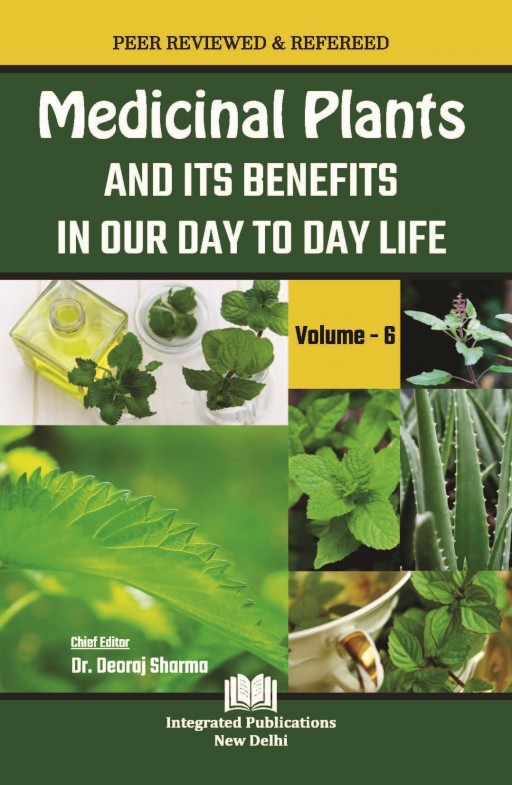Multiple Health Benefits, uses and side effects of Apple


Apple (Malus Domestica) has been a wonderful fruit used around the globe since ancient times for various health benefits. There are more than 7500 varieties of apple present worldwide. Some varieties of apple are Red Delicious, Granny Smith, Gala, McIntosh, Rome, etc. Apple belongs to the family Rosaceae, the height of the plant ranges between 2-9 meter depending upon the variety of the plant. Fruit of apple is called as Pome which ripens in late summer or autumn. Poor water condition leads to poor fruit set, heavy fruit drop, low yielding and poor quality. Abundant water is required in the month of April-August. After irrigation there is another practising known as pruning where it is done with an aspect to deflect the sap flow towards the fruiting branches and to force the plants to carry more fruit or to enhance vegetative growth. While pruning all weak-growing and diseased branches are removed. In a year an apple tree can produce an average of 10-20 Kg fruit depends on the variety. Also, apple trees are sensitive to a number of diseases which cause serious diseases. The most common diseases known are apple scab, fire blight, powdery mildew, cork spot, etc. Apple consists of numerous chemicals like alpha-linolenic acid, ferulic acid, isoquercetin, lutein, neoxanthin, niacin, thiamine, riboflavin, pantothenic acid, vitamin B6, Farnese, folate, vitamin C, zinc, etc., which were later found to be beneficial for human health in curing hair loss, hay fever, cancer, diabetes, diarrhoea, swelling of small intestine, mercury toxicity, weight loss, constipation, warts, etc. Also, with health benefits apple contains some side effect like it increases blood sugar level, allergy to apricot and related plant. Apple seeds contain cyanide, if taken in abundant can lead to death. Generally, seeds are not eaten and is thrown. Apple can also be taken in various ways like juice, salad, jams, butter and sauces. Apple can be dried, canned or frozen. Apple can also be dried and transformed into alcoholic beverages.